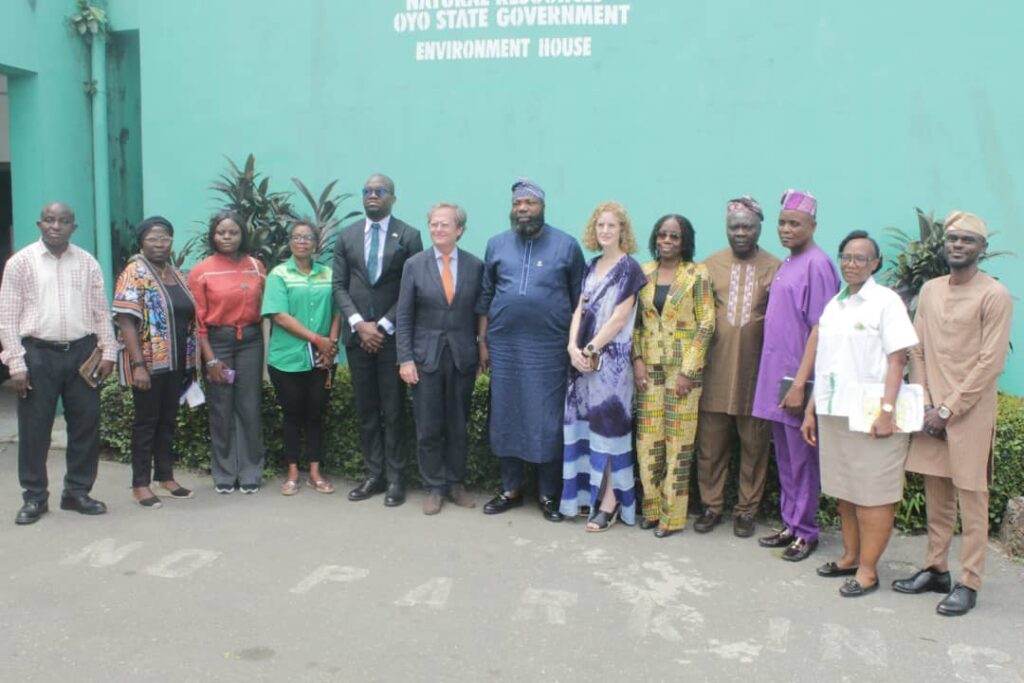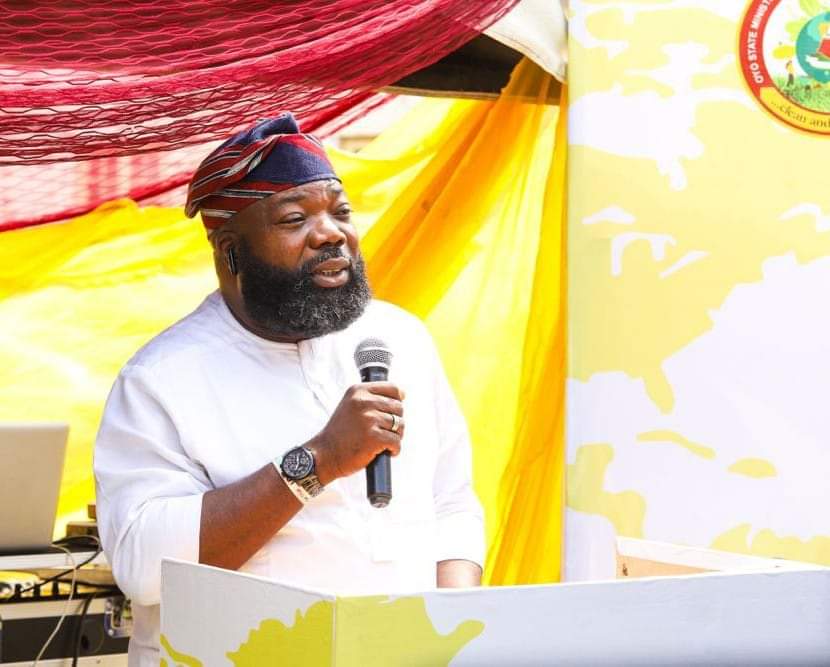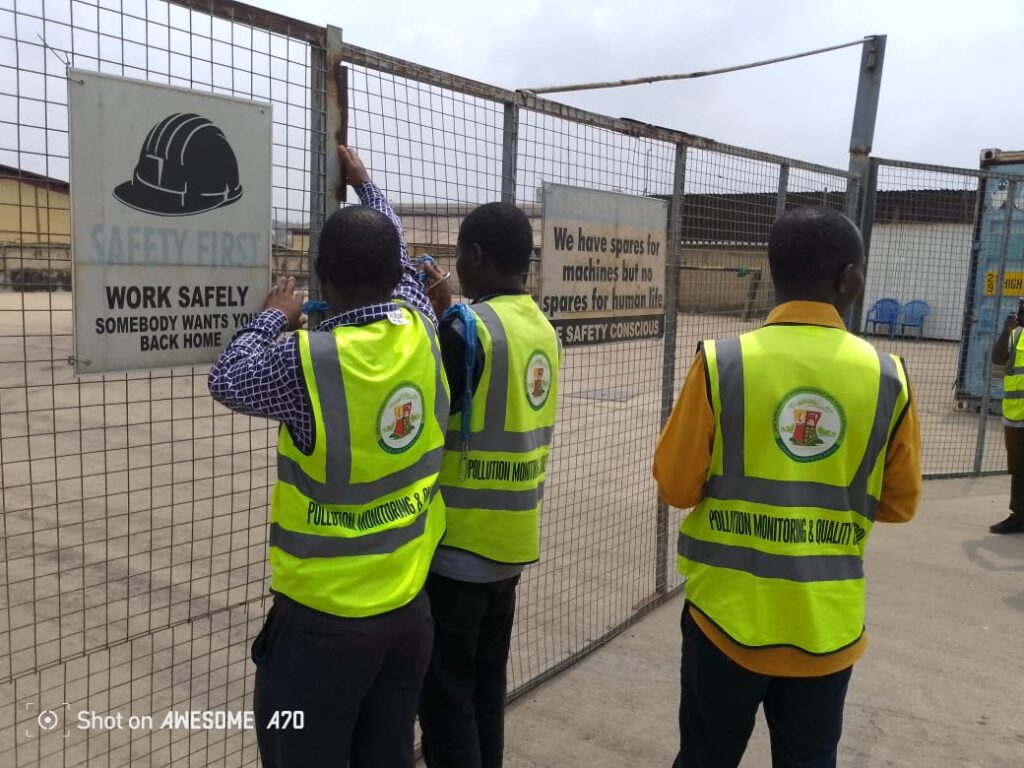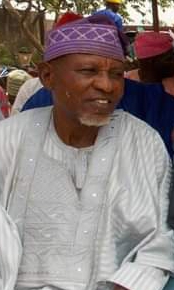Federal Government Takes Steps To Minimise Wastes, Pollution
Written by News Desk on September 27, 2024
The Federal Government is Developing Policies, programs, and partnerships to support the circular economy to minimize waste and pollution in the country.
The government is also investing in waste management infrastructure, promoting sustainable agriculture, and encouraging private sector innovation.
The Director General, National Environmental Standards and Regulations Enforcement Agency, NESREA, Dr Innocent Barikor made this known at a media Dialogue on Circular Economy in Abuja.
The DG said circular economy is a sustainable economy model that aimed to reduce waste and the consumption of resources by promoting the reuse, recycling, and refurbishment of products.
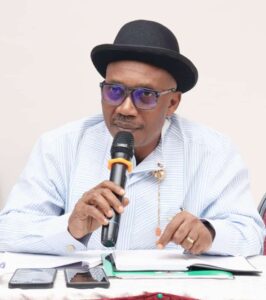
It also seeks to keep products, materials, and resources in use for as long as possible, minimizing waste and pollution.
“Nigeria has since embraced the circular economy model, with the National Environmental Standards and Regulations Enforcement Agency (NESREA) spearheading the initiative. Through its Extended Producer Responsibility (EPR) Programme, the Agency has launched the implementation of circular economy principles nationwide. ”
“The Programme places an emphasis on shared responsibility, sustainability and environmental stewardship. It effectively extends the responsibility of manufacturers, producers and importers beyond production and sales, and makes them responsible for the total life cycle of their products. “Under the take-back mechanism, the EPR ensures that these products do not end up in the dump sites but rather become secondary raw materials for some other products.”
“Battery, Food and Beverage, Electrical/Electronics and Used Tyres have come under the Extended Producer Responsibility Programme and all Manufacturers, Producers, and importers in these sectors are mandated to subscribe to their relevant Producer Responsibility Organisations (PRO)”
Dr Barikor said Circular Economy aligns with 5 Sustainable Development Goals, SDGs and the 8 point Agenda of the President Bola Tinubu Administration, particularly in areas of, Economic Growth,Job Creation, Food Security and Ending Poverty.
“Circular Economy aligns with 5 Sustainable Development Goals: SDG 13- Climate Action; SDG 12-Responsible Consumption and Production; SDG 9- Industry, Innovation, and Infrastructure; SDG 8: Decent Work and Economic Growth, and SDG 6- Clean Water and Sanitation. It also synchronizes with the 8 point Agenda of the President Bola Ahmed Tinubu Administration, particularly in the areas of, Economic Growth and Job Creation, Food Security and Ending Poverty.”
The DG NESREA noted that Nigeria is already reaping the benefits of a circular economy with the green jobs which have been created along the value chain in the different sectors.
In an Address, the Director, partnership and Education, NESREA, Mrs Bintu Mohammed said the media Dialogue was to bring the media up to speed the circular economy model in Nigeria being implemented under the Extended producer programe, EPR.
“But we cannot do it alone. We need the media’s voice to raise awareness, shape public opinion, and hold us accountable. We need your support to tell the success story of circular economy, highlight the challenges, and to inspire action.”
“Together, let us embrace this new economy. Let us create a Nigeria where waste is minimized, resources are valued, and the environment is protected.”
in a goodwill message, the program manager Energy, circular economy and climate change, European Union, Mr Godfrey ogbemudia pledged support to NESREA in achieving a circular economy in Nigeria.
By Osamudiamen Idemudia
